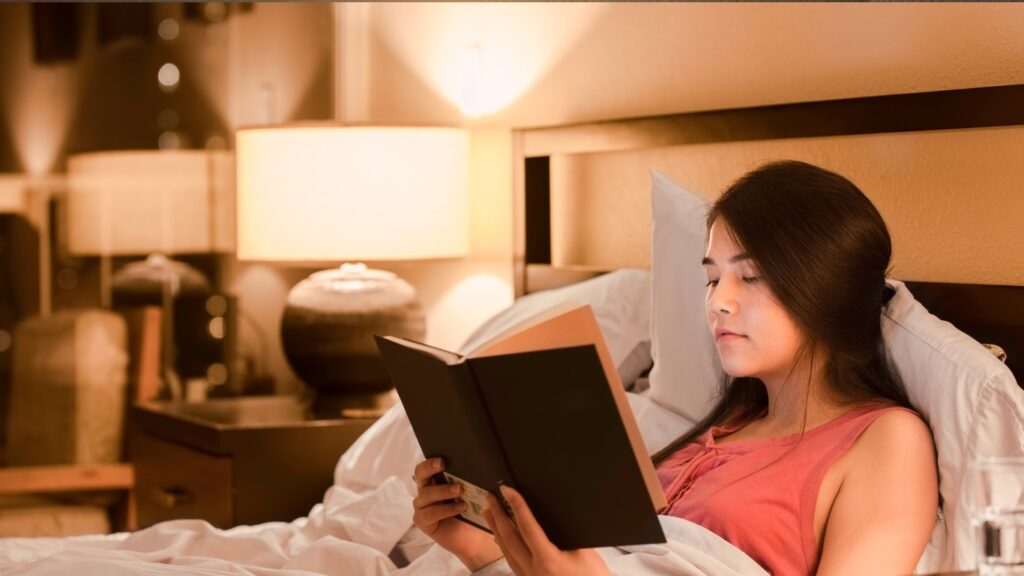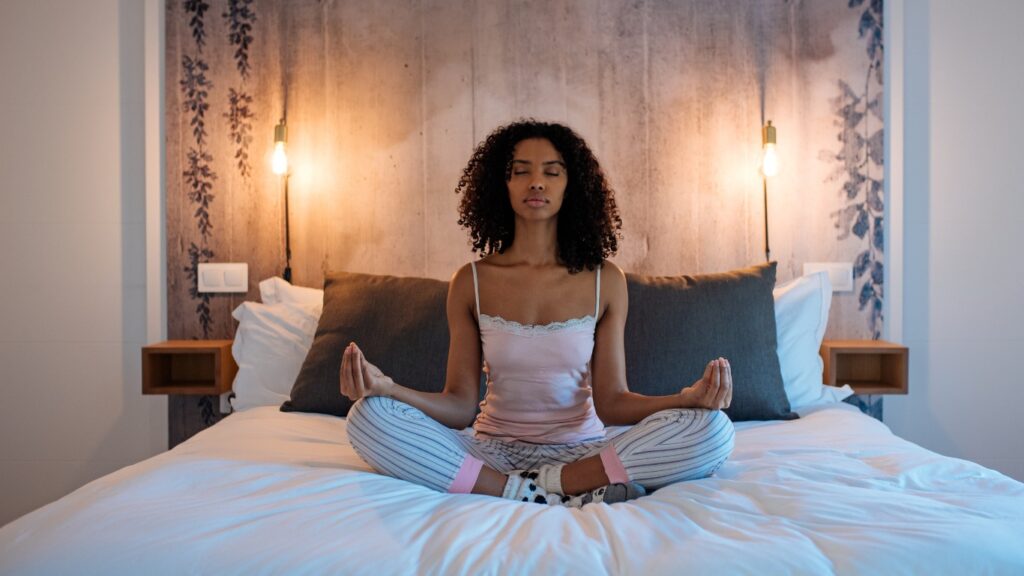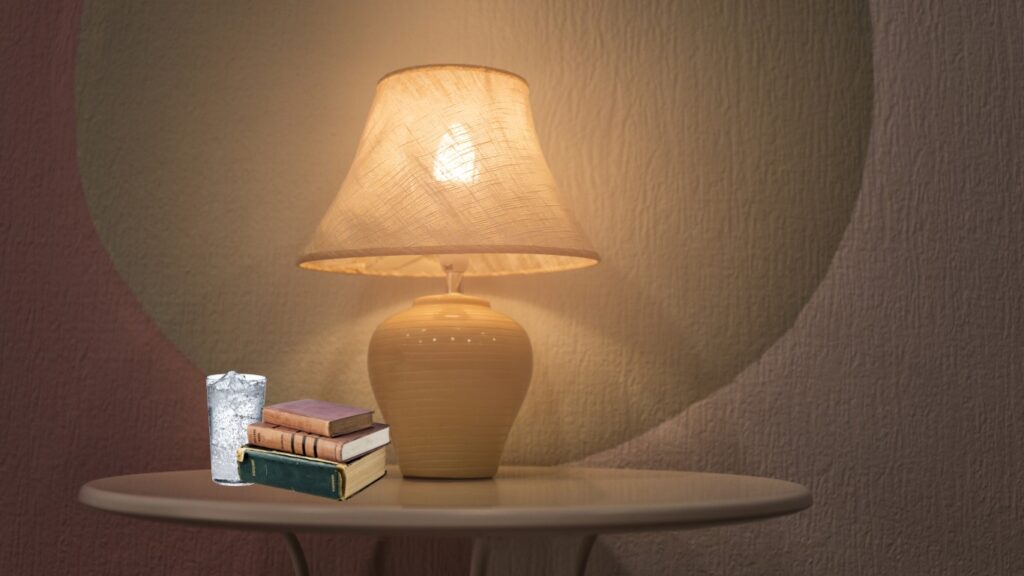Disclosure:
Thank you for reading this post, don't forget to subscribe!
Some of the links on this website are affiliate links. This means that if you click on the link and make a purchase, we may receive a small commission at no extra cost to you. Your support helps us keep the site running.Learn more on my Privacy Policy and Affiliate Disclosure page. Thank you for your support!
Sleep hygiene is crucial for overall well-being, yet often overlooked in our fast-paced lives. Poor sleep can negatively impact health, productivity, and emotional balance. Understanding and practicing good sleep hygiene can significantly improve sleep quality and duration, leading to a healthier, more productive life.

1: Understanding Sleep Hygiene
- What is Sleep Hygiene? Sleep hygiene encompasses habits and practices that promote consistent, uninterrupted sleep. It’s essential for maintaining the body’s internal clock and ensuring restorative sleep.
- Why is it Crucial? Good sleep hygiene can improve both the quality and duration of sleep. By adopting healthy sleep habits, you can enhance your mood, cognitive function, and physical health.
read next: Can Stress Cause Physical Symptoms? Understanding and Managing Stress
2: Setting the Stage for Sleep
Creating a Sleep-Conducive Environment
- Control Light: Keep your bedroom dark to signal your body that it’s time to sleep. Use blackout curtains or an eye mask if necessary.
- Manage Noise: Reduce noise levels with earplugs or a white noise machine. Silence or remove disruptive devices.
- Regulate Temperature: Keep your bedroom cool, ideally between 60-67°F (15-19°C). A comfortable temperature promotes deeper sleep.

3: Establishing a Bedtime Routine
Consistency is Key A regular bedtime routine helps signal to your body that it’s time to wind down. Here are some suggestions:
- Reading: A calming book can help transition your mind from the day’s activities.
- Meditation: Practicing mindfulness or breathing exercises can reduce stress.
- Gentle Stretching: Light stretches can relieve tension and prepare your body for rest.
learn more about: CDC: Sleep Hygiene and Health
Official guide on sleep hygiene practices from the CDC.

4: Nourishing Your Body for Sleep
Diet and Hydration Impact What you eat and drink can significantly affect your sleep:
- Foods to Eat: Try consuming foods rich in magnesium and tryptophan, like bananas, almonds, and turkey, which promote relaxation.
- Foods to Avoid: Steer clear of caffeine and heavy meals before bedtime. These can disrupt sleep and make it harder to fall asleep.

Find out more about: UNLOCKING THE KEY TO HEALTH AND WELLNESS: SOLUTIONS TO COMMON PROBLEMS YOU NEED TO KNOW
5: Managing Stress and Anxiety
The Sleep Disruptors Stress and anxiety are major culprits of sleep disturbances. Here’s how to manage them:
- Evening Routine: Incorporate relaxing activities into your evening, such as listening to calming music or taking a warm bath.
- Journaling: Writing down your thoughts before bed can clear your mind and reduce stress.
- Relaxation Techniques: Techniques like progressive muscle relaxation can help ease anxiety and prepare you for sleep.
Related: SLEEP YOUR WAY TO A HEALTHIER YOU: THE POWER OF A GOOD NIGHT’S REST

6: Technology and Sleep
Screen Time and Sleep Quality Electronic devices emit blue light, which can interfere with your sleep:
- Limit Screen Time: Try to avoid screens at least an hour before bed. This includes phones, computers, and televisions.
- Use Night Mode: If you must use your devices, switch to night mode or use blue light filters to minimize disruption.

RECENT POST:
- Yoga for Beginners: Master These 10 Essential Poses to Kickstart Your Journey
- Yoga For Beginners: A Guide To Relaxation
- Women’s Health: Key Screenings And Preventive Measures
- Women’s Fitness FAQ: Your Top Questions Answered
- Winter Workout Tips & Motivation: Your Guide to Staying Fit and Focused in the Cold Season
Conclusion
Prioritizing sleep hygiene is essential for your overall health and well-being. By understanding and implementing these tips, you can significantly improve your sleep quality and duration.
Start today by incorporating these sleep hygiene tips into your nightly routine. Share your experiences and let us know what works best for you. For more information on healthy sleep habits, explore our recommended resources.
Stay Connected







